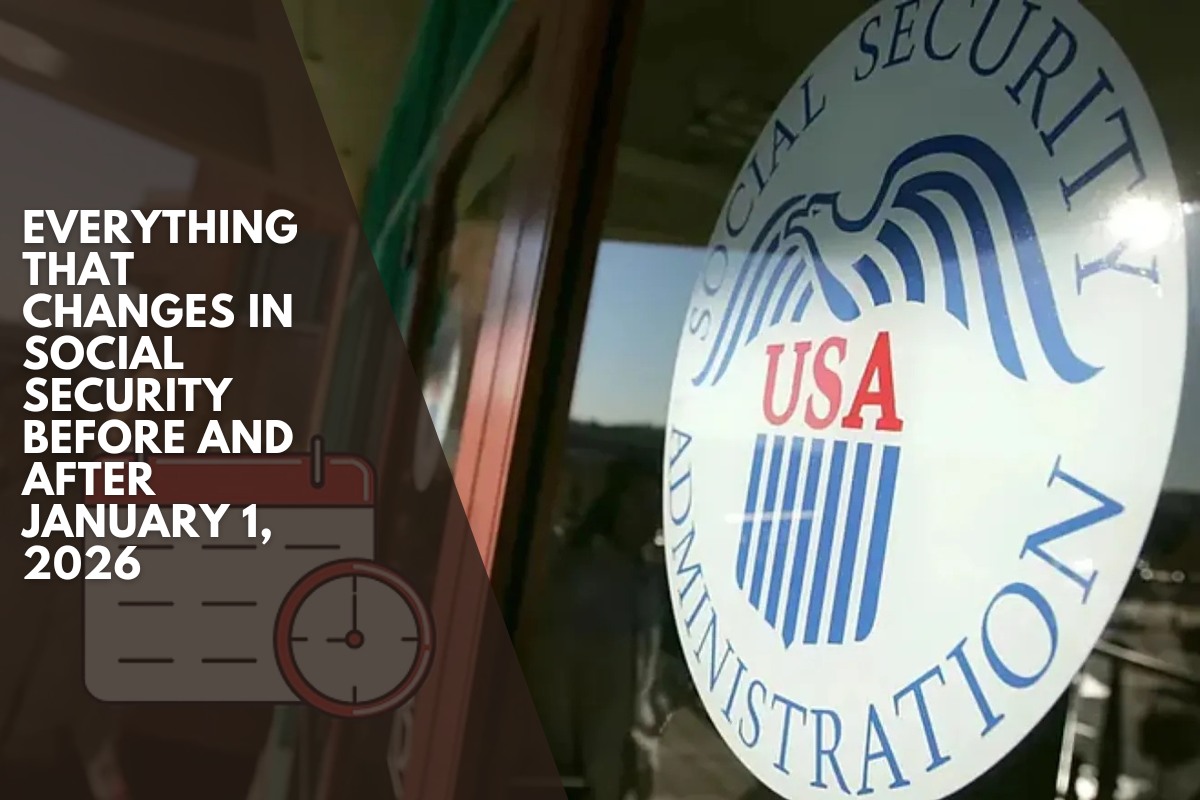In 2025, several new Social Security rules were implemented. If you’re one of the nearly 69 million Americans who receive these benefits, staying up to date on the latest developments is critical.
This will ensure that you understand the reasons for any changes to your benefits this year, such as increases, and that you know how to file your taxes properly. Continue reading to learn about four Social Security changes implemented in 2025.
Implementation of the Social Security Fairness Act
The Social Security Fairness Act, a major victory for millions of Americans, became law on January 5, 2025. The Act repealed the Windfall Elimination Provision and the Government Pension Offset, which reduced or eliminated Social Security benefits for people who received a pension from work that was not covered by Social Security — i.e., they did not pay Social Security taxes.
Some of the professions that may receive a benefit increase as a result of the Act include teachers, firefighters, and police officers in a variety of states, federal employees covered by the Civil Service Retirement System, and those whose work fell under a foreign Social Security system.
The amount by which an eligible person’s benefit will be increased varies, according to the Social Security Administration (SSA). Some people may receive more than $1,000 per month, while others may only see a small increase.
Maximum Taxable Earnings Increase
In 2025, the Social Security maximum taxable earnings increased to $176,100. This marks a 4% increase from the 2024 limit of $168,600.
Cost of Living Adjustment
Social Security recipients received a 2.5% cost of living adjustment (COLA) in 2025. This increase appeared in payments starting in January 2025.
That same month, the average monthly Social Security retirement benefit was $1,976, according to the SSA. Do note, this average changes on a monthly basis.
Social Security benefits comprise approximately 31% of the income of the over 65 population, per the SSA. Therefore, a COLA is important, to help this group keep up with inflation.
No Federal Income Tax on Benefits for Most Recipients
As part of President Trump’s “One Big Beautiful Bill,” 90% of Social Security recipients are no longer required to pay taxes on their benefits. This allows them to keep more of their hard-earned money rather than giving it up to Uncle Sam.
According to the IRS, the bill allows seniors 65 and older to claim an additional $6,000 tax deduction, in addition to the current additional standard deduction for seniors. Individual seniors can claim the $6,000 deduction, allowing eligible married couples to claim $12,000.
This deduction is available to individual taxpayers with a modified adjusted gross income of up to $75,000, or $150,000 for joint filers. This deduction is in effect from 2025 to 2028.












